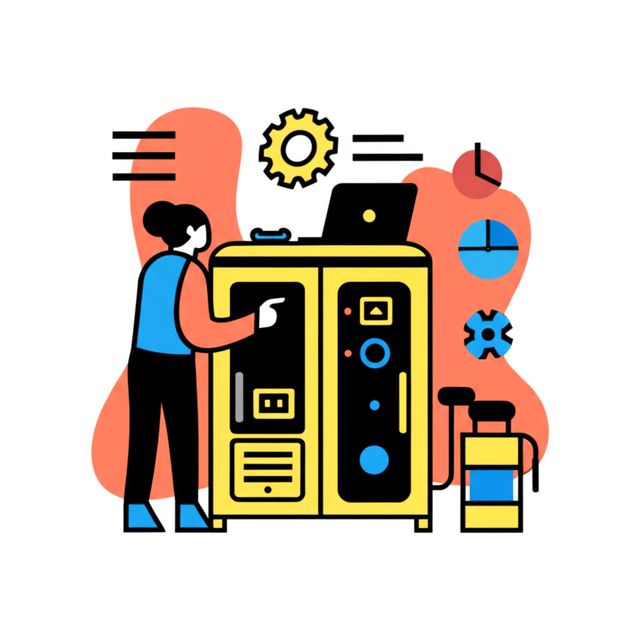Facility Management
Facility management encompasses a wide range of responsibilities that are essential for the efficient operation and maintenance of commercial and residential properties. It involves managing all aspects of a facility, from planning and design to maintenance and repair, to ensure that the facility provides a safe, comfortable, and productive environment for occupants and visitors.
Why Learn about Facility Management?
Learning about facility management can be beneficial for several reasons. First, it provides a solid foundation for managing and maintaining commercial and residential properties. This knowledge is valuable for property managers, building owners, architects, engineers, and other professionals involved in the construction and operation of buildings. By understanding the principles of facility management, individuals can make informed decisions about building design, maintenance, and operation, leading to increased efficiency, cost savings, and tenant satisfaction.
Second, facility management is becoming increasingly data-driven, with technology playing a crucial role in improving efficiency and decision-making. Online courses can provide learners with the skills to analyze data, use software, and make data-driven decisions to optimize facility operations. This knowledge is essential for staying competitive in the field and meeting the demands of modern facility management.
Online Courses in Facility Management
Many online courses are available for individuals interested in learning about facility management. These courses provide a convenient and flexible way to gain knowledge and skills in this field. Some of the skills and knowledge that learners can acquire from online courses in facility management include:
- Facility planning and design
- Maintenance and repair management
- Energy management
- Sustainability and green building practices
- Building codes and regulations
- Project management
- Data analysis and technology use in facility management
- Leadership and communication skills
Online courses in facility management typically use a variety of learning methods, including lecture videos, projects, assignments, quizzes, exams, discussions, and interactive labs. These methods allow learners to engage with the material in various ways and develop a comprehensive understanding of facility management principles and practices.
Is Online Learning Enough?
While online courses can provide valuable knowledge and skills in facility management, it's important to note that they may not be sufficient for a comprehensive understanding of the field. Online courses offer a structured learning environment and provide access to industry experts, but they lack the hands-on experience that can be gained through internships or practical work. To fully understand facility management and develop the necessary skills, it is recommended to supplement online learning with practical experience.
Benefits of Studying Facility Management
There are numerous benefits to studying facility management, including increased job opportunities, career advancement, and personal fulfillment. Facility managers are in high demand due to the growing need for efficient and sustainable building management. By acquiring knowledge and skills in facility management, individuals can increase their employability and career prospects.
Facility management is a challenging and rewarding field that offers a wide range of career opportunities. Facility managers can work in various industries, including commercial real estate, healthcare, education, government, and non-profit organizations. They can specialize in different areas, such as sustainability, energy management, or project management, and advance to senior-level positions with experience.
Conclusion
Online courses in facility management provide a valuable learning opportunity for individuals interested in this field. They offer a convenient and flexible way to gain knowledge and skills, from basic principles to advanced topics and technologies. While online learning alone may not be sufficient for a comprehensive understanding of facility management, it can provide a solid foundation and help learners stay up-to-date with industry trends and best practices. By supplementing online learning with hands-on experience, individuals can develop the necessary expertise to succeed in this dynamic and rewarding field.


